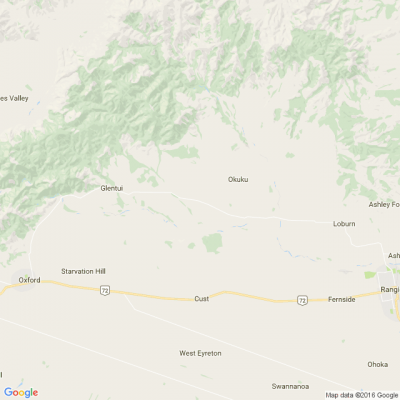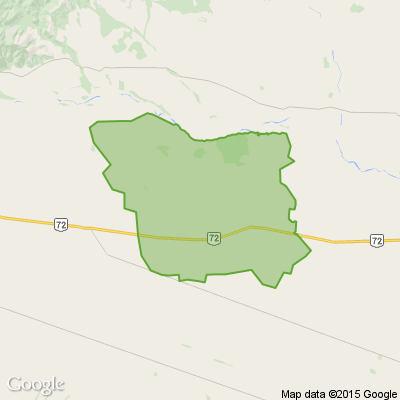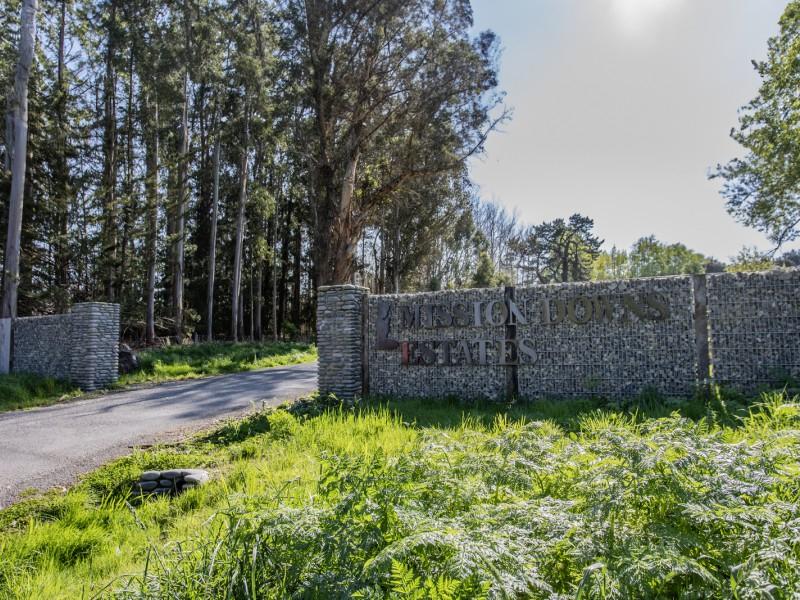Targeted spraying 'necessary'
From local democracy reporter David Hill:
Spraying is a ‘‘necessary’’ form of weed control, council staff say.
Targeted spraying is necessary to support braided rivers and to protect water ways and roadsides from invasive species, the staff said.
Environment Canterbury (ECan) river engineer Sam Kidner and Waimakariri District Council water environment advisor Angela Burton provided updates on their respective council’s spraying programmes at Monday’s Waimakariri Zone Committee meeting.
Kidner said targeted spraying of weeds helped Canterbury’s braided rivers to perform their natural functions, which improved flood protection.
ECan used glyphosate and herbicides to target weeds such as ivy, hops, lupins, gorse, broom and willows.
‘‘Lupins are less of a problem than gorse and broom or willows.
‘‘It is a matter of scale,’’ Kidner said.
‘‘If it is starting to push water in different directions then we need to respond.’’
A build-up of willows on an island, could prevent the river from braiding and, when in flood, it could divert water to riverbanks, causing erosion.
Responding to a question from the floor, Kidner says ECan has conducted trials using bulldozers as an alternative, but found it was not cost-effective and the bulldozers were not able to access all areas.
Kidner says by clearing the ‘‘fairways’’ in rivers, council staff could then manage weeds through spot spraying to allow native species to thrive.
Birds had returned to nest in areas where ECan had successfully completed spraying programmes, he said.
Sometimes flooding could clean up the rivers, but it was difficult to predict when floods would occur.
ECan also sprayed river berms and stopbanks to stop weeds getting out of control.
But he says the council is facing a constant battle.
‘‘Unfortunately not everyone does biosecurity checks on their vehicles, so we could get the rivers looking pristine, but seeds can be spread by vehicles and by other means, so it is still going to be an ongoing problem.’’
Burton says the Waimakariri District Council conducted spraying for roadside maintenance, planting maintenance and around waterways, drainage and water races.
But ‘‘non-chemical methods’’ were preferred, especially for drains.
Property owners could apply to have their street frontage added to the ‘‘no spray register’’.
‘‘Landowners are actively encouraged to not use spray on the land near gutters, but unfortunately it is not something we can enforce.’’
Burton included a report prepared by the Canterbury Waterway Rehabilitation Experiment (CAREX), a University of Canterbury initiative, in her presentation.
The report considered the ecological consequences of using glyphosate to control aquatic weeds in lowland waterways near Rangiora.
It found the ‘‘species richness of invertebrates and fish are not affected by the use of glyphosate’’ in the water ways, but Burton acknowledges it is not a large enough sample size.
As glyphosate spraying has been used for a number of years, any species found in the sample waterways would have some resistance, meaning the study may need to be compared with waterways without a history of spraying before drawing any conclusions.
Poll: Do you think NZ should ban social media for youth?
The Australian Prime Minister has expressed plans to ban social media use for children.
This would make it illegal for under 16-year-olds to have accounts on platforms including TikTok, Instagram, Facebook and X.
Social media platforms would be tasked with ensuring children have no access (under-age children and their parents wouldn’t be penalised for breaching the age limit)
.
Do you think NZ should follow suit? Vote in our poll and share your thoughts below.

-
84.6% Yes
-
13.9% No
-
1.4% Other - I'll share below
It’s Riddle Time – You Might Need an Extra Cup of Coffee!
Nobody has ever walked this way. Which way is it?
Do you think you know the answer to our daily riddle? Don't spoil it for your neighbours! Simply 'Like' this post and we'll post the answer in the comments below at 2pm.
Want to stop seeing riddles in your newsfeed?
Head here and hover on the Following button on the top right of the page (and it will show Unfollow) and then click it. If it is giving you the option to Follow, then you've successfully unfollowed the Riddles page.

What's your favourite recipe for courgettes?
Kia ora neighbours. If you've got a family recipe for courgettes, we'd love to see it and maybe publish it in our magazine. Send your recipe to mailbox@nzgardener.co.nz, and if we use it in the mag, you will receive a free copy of our January 2025 issue.








 Loading…
Loading…






















